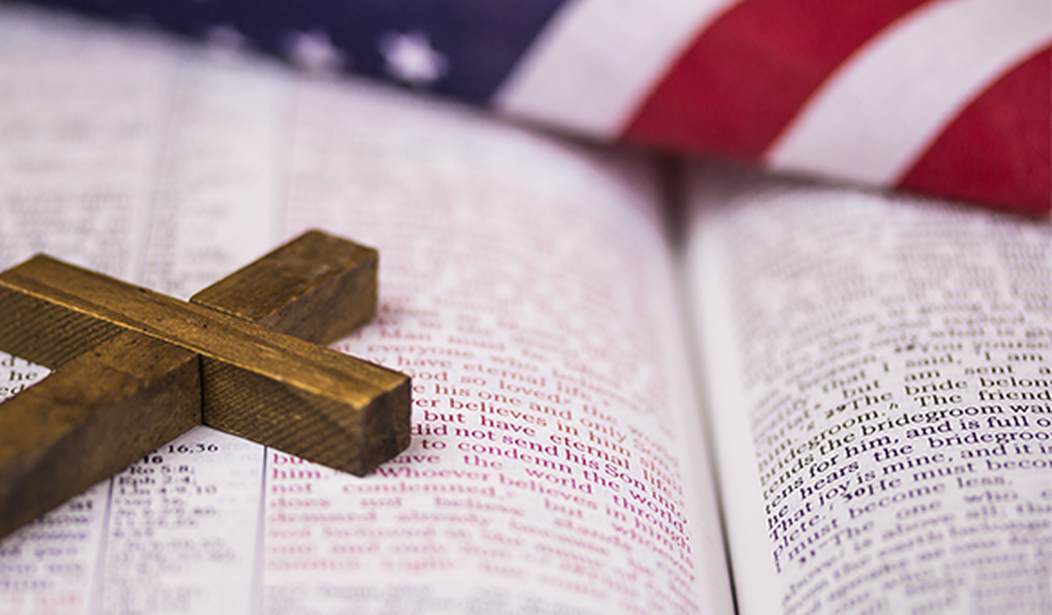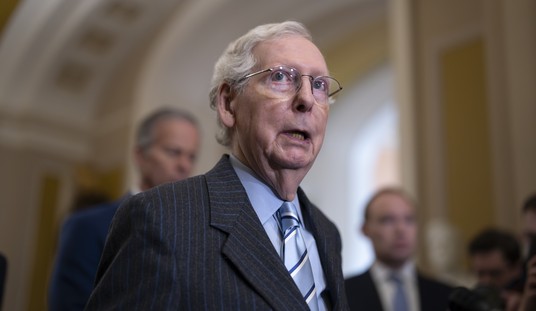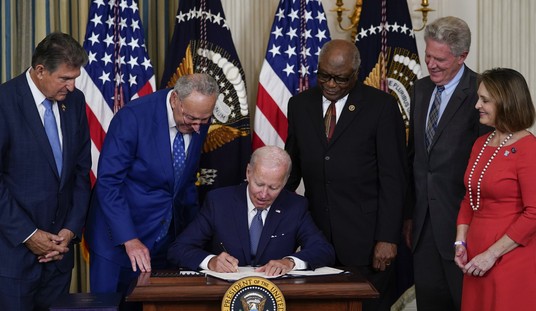Per a new report from Gallup, the percentage of Americans now saying they believe in God is the lowest since they first started doing the survey.
In 2022, 81% of Americans say they believe in God.
When Gallup first asked this question in 1944, 96% said they believed, and in the early 1950s, it was up to 98%. It remained over 90% until 2013, when it dipped down to 87%.
The current 81% is a 6-point drop from the last time Gallup asked the question in 2017.
Digging down into the data, we get a mixed message about what it tells us about the future.
On the one hand, the age group with the lowest percentage saying they believe in God is the youngest -- 18 to 29. Only 68% say they believe. Given that these young people reflect our future, we must assume that, with no change in their views, the country will continue its purge of religion from our lives.
On the other hand, the ethnic cross section with the highest percentage saying they believe is what Gallup defines as "people of color." I assume this means Blacks and Hispanics. This group registers 88% belief, 9 points higher than "white," who register 79%.
Given that that the demographic "people of color" is growing faster than "white," and becoming each year a larger percentage of our population, this could point to a strengthening of faith, on average, in our population as we move into the future.
Why should we care about this?
From a practical point of view, faith translates into behavior, and as faith diminishes, the incidence of behaviors that once were viewed as morally unacceptable increases.
Recommended
In 2001, the percentage of Americans saying the following behaviors are morally acceptable was as follows: birth to unwed mother 45%; gay/lesbian relations 40%; abortion 42%. In 2003, polygamy was deemed morally acceptable by 7%; in 2011, pornography was deemed morally acceptable by 30%; and in 2013, teenage sex was deemed morally acceptable by 32%.
Here are the percentages of Americans saying in 2022 these same behaviors are morally acceptable: birth to unwed mother 70%; gay/lesbian relations 71%; pornography 41%; abortion 52%; teenage sex 45%; polygamy 23%.
Again, we can ask, "So, what?".
The vision of the founders of the country was freedom. The point was to keep government intrusion at a minimum and permit individual freedom at a maximum.
The preamble to the U.S. Constitution notes that it was put forth "to secure the blessings of liberty to ourselves and our posterity." The Constitution was designed to limit government power to very specific defined areas that were deemed essential and appropriate for government.
For this to work, we must assume we have a population of free individuals who manage their own personal affairs in a responsible way.
It is worth recalling, once again, George Washington's famous observation in his farewell address, which first appeared in print Sept. 19, 1796:
"Of all the dispositions and habits which lead to political prosperity, religion and morality are indispensable support ... reason and experience both forbid us to expect that national morality can prevail in exclusion of religious principle."
Clearly, we have departed in a major way from this.
Supreme Court decisions over the years have reinterpreted the Constitution to grant far more authority to the federal government than the founders had in mind.
And along with this, as we see in Gallup polling, we see major deterioration in faith and significantly higher acceptance of many behaviors that were once deemed morally unacceptable.
Hence, we find where we stand today.
Again, per Gallup, only 16% are satisfied with the way things are going in the country.
Government is in our lives in a major way, with trillion-dollar deficits and debt the size of our entire economy. And now inflation, which reflects all this.
Is there a way out without restoration of religious principle and personal responsibility, as George Washington warned?
I think not.
























Join the conversation as a VIP Member